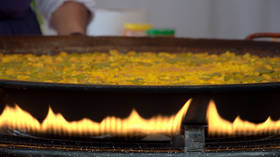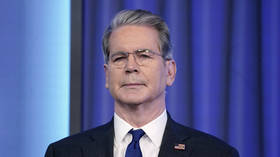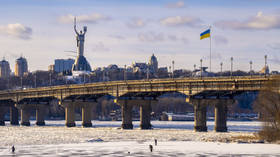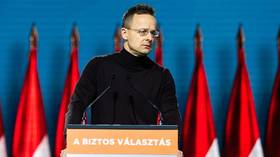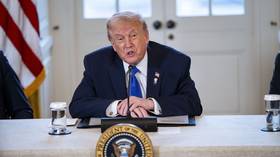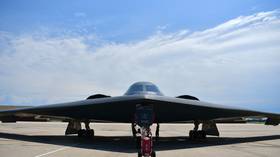EU underestimating Russian economic capacity – Orban
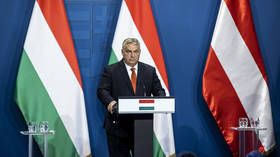
Western countries are making a mistake by underestimating Russia's ability to adapt to sanctions, Hungarian Prime Minister Viktor Orban stated on Friday.
According to Orban, Moscow had demonstrated it could adjust its economy to restrictions following the first wave of Western sanctions, introduced after Crimea voted to secede from Ukraine and to reunify with Russia in 2014.
"I remember well that in 2015 we exported a lot of food products to Russia…In three years, Russia has built its agriculture and food industry to such an extent that if Hungary wanted to export food there today, it would either not work or be much more difficult than before the imposition of sanctions," the politician told Kossuth Radio.
The Russian economy has shown its resilience to sanctions and "underestimating" the ability of a country as "huge" as Russia to adapt to restrictions is a "fatal mistake," Orban added.
The Hungarian premier is a vocal critic of the bloc's approach to the conflict in Ukraine, and has repeatedly argued that sanctions are hurting the EU more than they hurt Russia.
Orban has previously insisted that the punitive measures "were supposed to hit Russia, but hit Europe." The sanctions have had a devastating impact on Budapest, he added, by sending energy prices soaring and raising costs throughout the economy.
EU sanctions introduced against Russia over its military operation in Ukraine have cost Hungary's economy €10 billion but have failed to stop the conflict, according to the prime minister.
Meanwhile, Russia has survived the loss of Western markets and its economy is developing in a new way, with GDP expected to grow as soon as the second quarter of this year, President Vladimir Putin said earlier in March.
Russia's foreign trade grew by more than 8% last year, while inflation is expected at around 4% this year. This comes as "other Europeans" are trying "to convince everyone of the imminent collapse of the Russian economy," even though EU inflation rates are higher, the Russian president noted.
For more stories on economy & finance visit RT's business section
